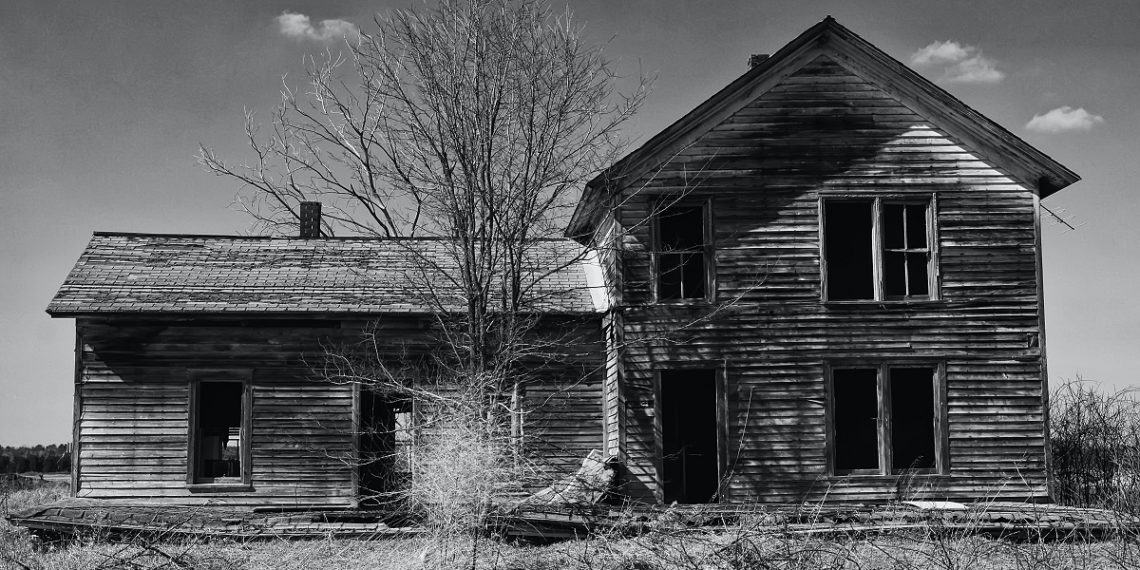Buying a new or foreclosed home can be quite confusing most of the time. From making sure it is built strong with the best blueprint of your preference, it is still reasonable to check whether it is built strong or not. Hence, we look for components that give us a brief background on the lifespan of the probable house we want to settle, in such cases that we can feel secure about the big investment we are about to make.
Yet, interestingly, some houses may be stronger than others. Though it is constructed well, there’s also a quantifiable gap among houses that are made from different types of materials. Whether it is a new house or a foreclosed one, there’s always an inevitable chance that they must be repaired or refurbished, to be able to last a lifetime. Homeowners who need to hire a carpenter Roanoke for home repairs or renovations may call E I Carpentry LLC.
Consequently, it’s a no-brainer that different houses vary in quality – homes made primarily from wood should always be checked and maintained, while houses made primarily from concrete or steel are stronger than the former. Yet, how long are they able to keep up with the weather and everything in between? Using screw piles for your home’s foundation can help enhance its durability.
Brick
Brick homes, though they can look old, are one of the best home construction materials you can ever find in Australia. According to the International Association of Certified Home Inspectors (IACHI), structures that are made from bricks nowadays can have a lifespan of 100 years. Yet, some studies suggest that it can last more than that (for up to 500 years or more), given the fact that they must be residential structures only and low rise as well.
Concrete
Concrete homes are probably the most typical type of home for everyone nowadays. While most homes are made from this type of material, they have a life expectancy of 80 to 100 years, depending on the area and the weather conditions it is constructed. Still, it can go below the average years if it is constructed in moist areas, such as residential sites that always have more rainy days than sunny days. Click here for your concrete needs.
Timber
You might get shocked but homes built with timber frames are also durable as brick and concrete. Some may be doubtful about it because they can rot, be susceptible to termites, and are even flammable in areas with rising temperatures. However, Timber homes can also last up to 100 years – it just needs maintenance such as cladding to be fire predictable and needs wood treatments to be termite-resistant. Yet, you’ll still be able to enjoy a warm and cozy home when you just check on it and treat it well.
Cladding is an essential part of maintaining the integrity of timber homes, as it provides an added layer of protection against the elements. By applying the right type of cladding, you can enhance the durability of a timber frame while improving its aesthetic appeal. Materials like metal, fiber cement, or vinyl can create a strong barrier that helps prevent moisture from seeping into the wood, reducing the risk of rot and decay. These cladding options not only offer protection but can also be tailored to suit the style and character of your home, giving it a modern or traditional look.
For a more contemporary approach, many homeowners turn to professional acm panel installers to incorporate aluminum composite material (ACM) panels into their cladding systems. These panels are lightweight, durable, and highly resistant to fire, making them an excellent choice for areas with high temperatures. By choosing ACM panels, homeowners can ensure that their timber-framed homes remain both aesthetically pleasing and safe for years to come. With regular maintenance and proper installation, cladding materials like ACM panels can offer long-term protection, making timber homes a smart and sustainable choice.
A well-constructed house can stand the test of time – everything done with a strong foundation and quality materials tend to last longer, given the fact that it is well maintained and well taken care of by the homeowners. Just make sure you’re not only picking or constructing a home that’s beautiful but of quality as well. By then you’ll feel secure, knowing that your home can be sturdy and firm without a doubt.


